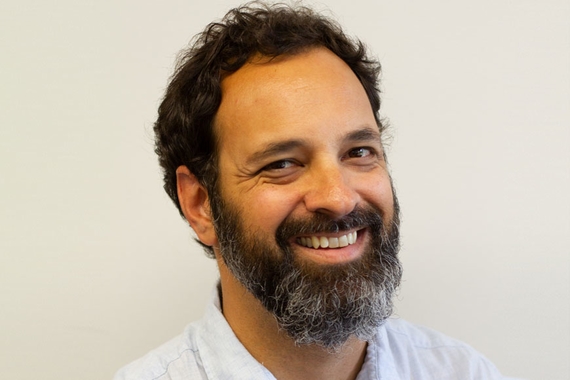Why do some spend while others save during economic downturns?
Dr. Jeff Simpson’s research explores why some people spend and others save their money during times of economic hardship, which can help us understand how people are managing the recent economic fallout from the COVID-19 pandemic.
Simpson and colleagues wondered, does a person’s “early life environment” influence their spending behavior during stressful times? To help answer this question, they designed an experimental research study using life-history theory to frame their work, which is an evolutionary-based theory that describes how organisms make trade-offs when expending resources depending on their past and current environments. The behavioral strategies people employ when making these trade-offs tend to be shaped by certain aspects of their childhood environments. People raised in lower socioeconomic households, for example, tend to have a more short-term, opportunistic orientation to life and are less concerned about long-term consequences; it’s best to “take what you can get” now given an uncertain future. People with higher socioeconomic backgrounds, on the other hand, favor delaying gratification and investing in the future and often better long-term payoffs.
Using childhood socioeconomic status (SES) as an indicator, Simpson and colleagues found that during times of economic recession people who had lower SES childhoods tended to prefer immediate rewards while those from higher SES childhoods preferred more delayed rewards. Additionally, those who had lower SES childhoods preferred fancy luxury products more quickly than those from higher SES childhoods. They also measured actual risk-taking behavior during times of recession and assessed participants’ oxidative stress, which is damage done to tissue and DNA, known to be caused by sustained exposure to stress and environmental toxins. They hypothesized that participants from lower SES childhoods should have higher oxidative stress levels (presumably due to their more difficult childhood upbringing) and that, particularly during times of recession, they would engage in riskier behavior. Conversely, the reverse should be true for those raised in higher SES childhood environments. Their hypotheses proved correct; participants exposed to lower SES childhoods and who had higher oxidative stress levels engaged in riskier and more impulsive behavior in controlled test situations, whereas the opposite was true of participants who had higher SES childhoods and lower oxidative stress. According to the authors, these findings “underscore that behaviors that might appear foolish or irrational from an economic perspective can be deeply rational from an evolutionary perspective.”
Now that we are experiencing an economic recession following COVID-19, Simpson and colleague’s research may help us understand why some people take risks and spend money during this pandemic while others do not. Will you save your economic stimulus check for the future or spend it on things you truly need? Or will you buy that new, flashy 4K ultra high definition TV you have always wanted now that you are stuck at home? Psychologists like Simpson remind us to consider that as heirs to our evolutionary past, our behaviors during times of great stress and turmoil may be more instinctual than rational and may require more right brain solutions than left-brain judgments.
Jeffry A. Simpson, PhD, is the Chair of the Department of Psychology at the University of Minnesota and a Distinguished University Teaching Professor. He is the director of the Social Interaction Lab. Simpson’s research explores close relationships and interpersonal processes using diverse theoretical models and perspectives.



